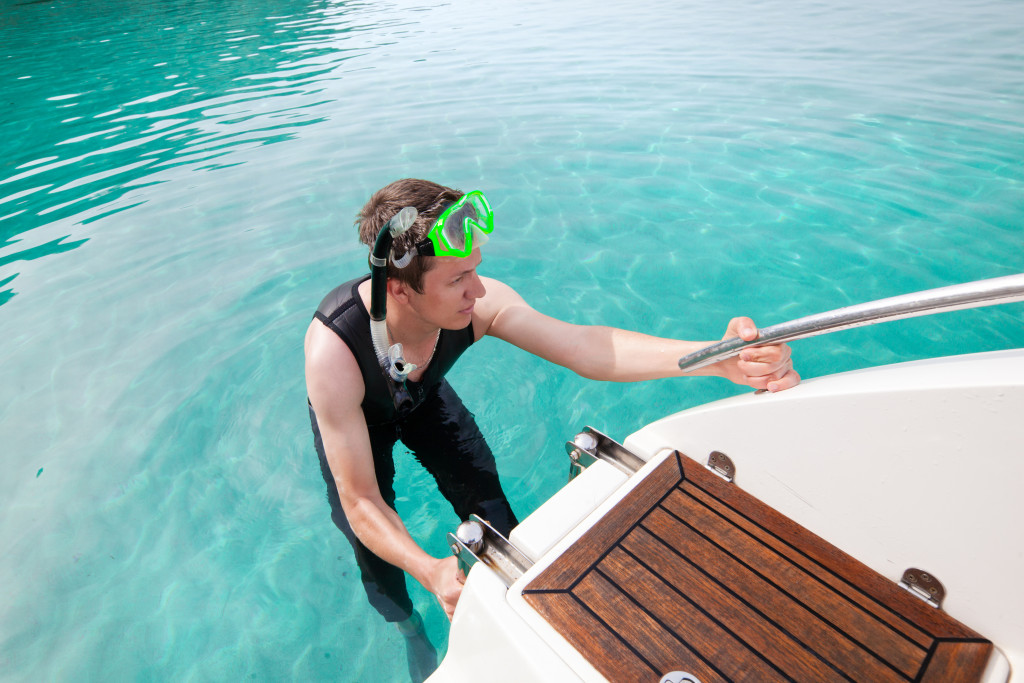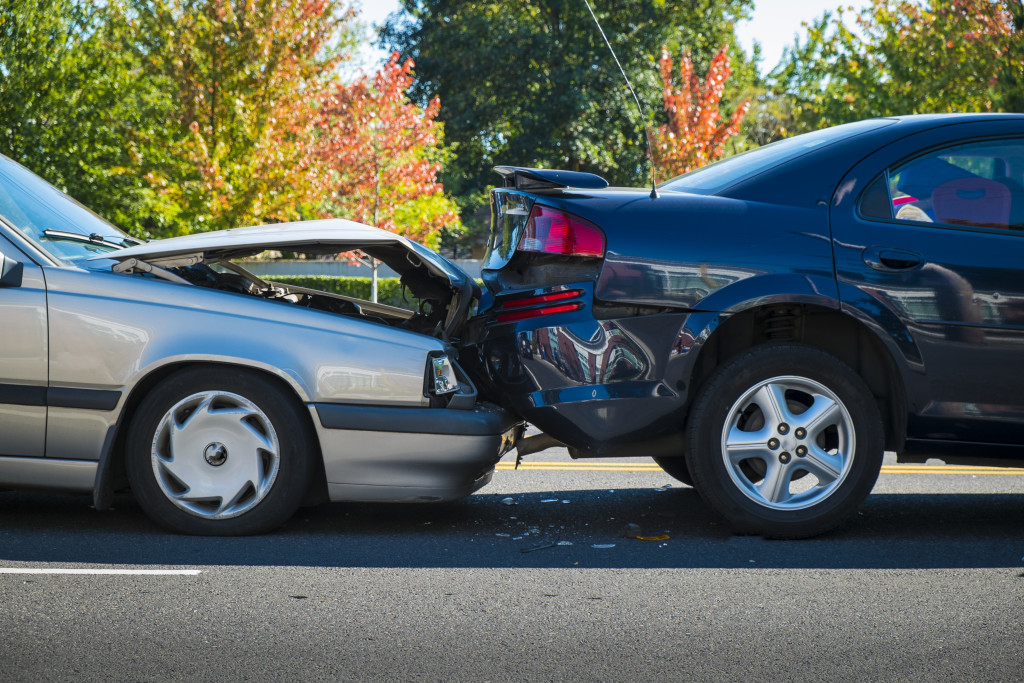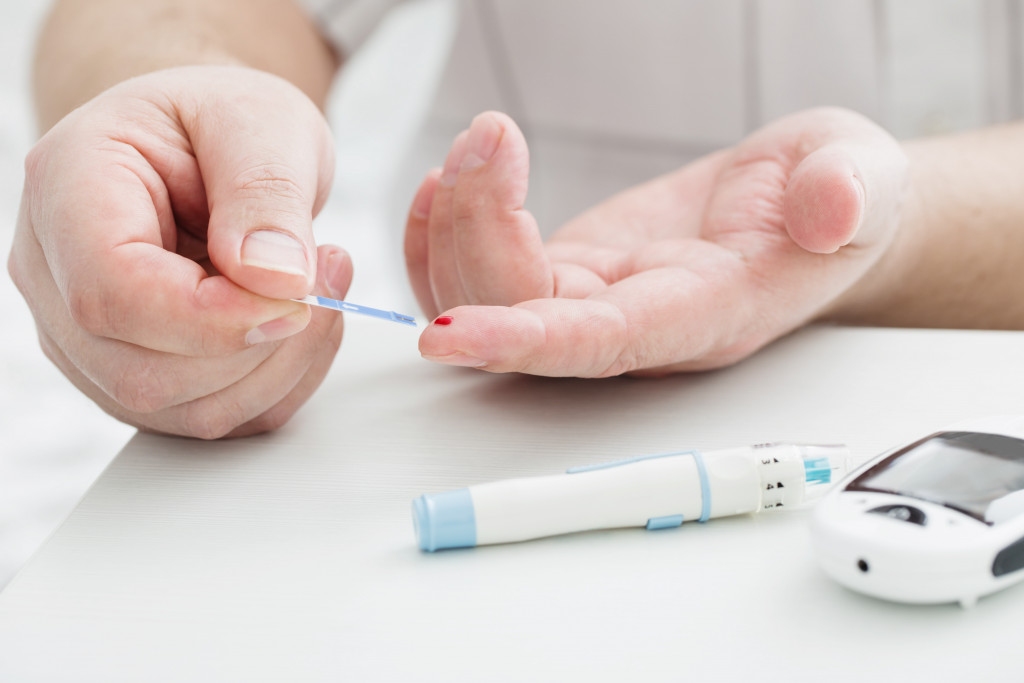We live in a world of uncertainty, and knowing some basic life-saving skills is always helpful for everyone. Some of these are no-brainers, while others might prove to be very useful one day!
1) CPR
Do you know how to give CPR, or do you need to take a refresher course? Every parent should know CPR, no matter how old their children are. CPR or cardiopulmonary resuscitation is a life-saving skill that could save the life of your loved one or someone you don’t know.
Contrary to what most people think, this skill isn’t only for healthcare or emergency workers. Even ordinary folks can sign up for EMT courses and get a certification so you can administer CPR if the situation calls for it. Remember, you might not always have an AED close by, so knowing CPR could be a real lifesaver. It’s free and easy to learn!
2) How To Change A Tire
While it might not be as important as CPR, knowing how to change a tire is helpful! We all know those annoying moments when we find ourselves stuck on the road with a flat tire. You could ask for help or use your cell phone to call AAA, but if you find yourself alone with no one coming by, it would be wiser to know how to change a tire all by yourself! This whole process isn’t complicated at all. All you need is a spare tire, the right tools, and, of course, the will to change it.
3) Treating A Burn
Even if you’re very careful around the kitchen, at least once in your life, you’ll end up with a minor burn after touching something really hot or accidentally spilling coffee on yourself. Knowing how to treat a burn could save you from much pain! There are several ways on how to treat a burn. You can dip the burned area into cold water or run it under cool running water for at least five minutes.
4) How To Perform A Heimlich Maneuver
Choking is an all too common event, especially among children and seniors. Every parent should know how to perform the heimlich maneuver on an adult or a child. There are some really easy steps to follow, but you have to know them off by heart!
5) How To Change A Diaper
This one isn’t just for moms. Parents, grandparents, and babysitters should all learn to change a diaper because it’s an important part of taking care of babies or toddlers! Whether you’re folding the cloth diapers or using disposable ones, knowing how to change a diaper can save you time and stress.
6) How To Swim

Knowing how to swim is a life-saving skill that every person should have. Lifeguards and those who enjoy water activities like snorkeling, surfing, etc., should know how to swim and handle emergencies that might occur while engaging in water activities. Swimming is a fundamental skill everyone should have, especially children!
7) How To Make A Fire
Do you know how to make a fire? Even if you’re not out there camping or hiking, knowing how to make a fire could come in real handy at times. You never know when you might need to start a fire for warmth or cooking purposes.
8) What To Do If My Car Overheats
Your car overheating is probably one of the most annoying things that can happen to you on the road, especially if this happens during summer and your air conditioner is broken. Make sure that you know what to do when this happens and most importantly, make sure that you’re never stranded somewhere without your cell phone!
9) How To Perform CPR On A Baby
Even if you don’t have babies of your own, knowing how to give a baby CPR might come in real handy someday. You’ll never know when a baby will be left alone and choking or gasping for air. Even if you don’t have a baby of your own, enroll in a CPR course.
10) How To Sew A Button
Over time, clothes might start getting worn and need some mending and, without the appropriate tools and skills, you’ll never be able to wear your favorite shirt or pair of pants again! Your mom would probably know how to sew a button back on, so why don’t you show her this article and see what she has to say!
This list of 10 life-saving skills every person should know is by no means complete, but if you learn them all, you’ll be well-prepared for most emergencies.



